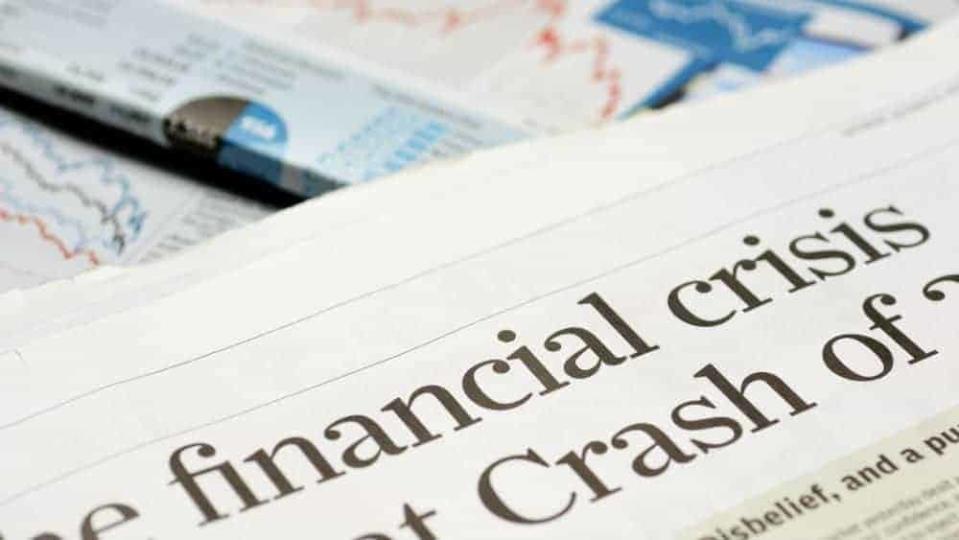Is TD Bank (TSX:TD) Stock a Good Bet for a Recession?

In the last global recession, bank stocks were among those hardest hit. With high exposure to an ailing mortgage market, many were caught with their pants down as new mortgages dried up and homeowners became insolvent.
The result was a financial crisis that culminated in many U.S. banks having to be bailed out. Canadian banks for the most part avoided the fate of their American counterparts. However, when the next recession comes around, that may change.
Many Canadian banks have large and growing U.S. divisions that they are coming to rely on for earnings growth. The Toronto-Dominion Bank (TSX:TD)(NYSE:TD) is by far the biggest of these. With its U.S. retail division now contributing up to 30% of earnings, TD has become the most American of Canadian banks.
As you’re about to see, that could be a good thing or a bad thing, depending on the exact nature of the next recession. In this article I’ll be looking at a few factors that could influence how things play out.
Canadian consumer credit exposure
Because of its U.S. focus, TD has the least exposure to the Canadian credit market (proportionately) of all six big banks. This would be a good thing in the event of a recession that affects Canada but not the U.S.
Hedge fund bosses, including Steve Eisman, have been sounding the alarm recently about declining Canadian consumer credit quality. It’s not known exactly how bad Canadians’ credit scores have gotten, but it is well known that consumer debt levels are nearing all time highs. In the event of a Canadian recession, defaults would likely increase. TD would be protected from this to some extent by its geographic diversification.
U.S. presence
TD has a large and growing U.S. presence – particularly in East Coast markets like New York State. This U.S. business is a big part of why TD has grown more than other Canadian banks in recent years, as it routinely increases earnings by 20% or more year over year.
In the event of a recession affecting both the U.S. and Canada, this asset could quickly become a liability.
The U.S. banking system is much less regulated than Canada’s, and has experienced far more banking crises throughout history. In the past 119 years, the U.S. has gone through at least three banking crises: one in 1907, one in 1930, and one in 2008.
These were not mere downturns in earnings, but existential threats to the banks in question. Canada, by contrast, has never experienced such a serious crisis.
For TD, this could be a problem.
As an increasingly U.S.-focused bank, its retail banking operations are highly exposed to the U.S. financial environment. While TD itself is known for tight lending rules, the fact that it’s earning a lot of revenue in the U.S. could be a risk factor. With far less regulatory oversight, the U.S. banking system is always at greater risk of a crisis, and there’s nothing to prevent TD’s U.S. operations from getting caught up in one.
More reading
TFSA Investors: $63,500 in this Dividend Stock Pays $4,000 a Year
Pension Wealth: How to Use the TFSA to Turn $10,000 Into $107,000 in Retirement Savings
3 Reasons Why Aurora Cannabis (TSX:ACB) Stock Is a Steal at $5
Fool contributor Andrew Button owns shares of TORONTO-DOMINION BANK.
The Motley Fool’s purpose is to help the world invest, better. Click here now for your free subscription to Take Stock, The Motley Fool Canada’s free investing newsletter. Packed with stock ideas and investing advice, it is essential reading for anyone looking to build and grow their wealth in the years ahead. Motley Fool Canada 2019

 Yahoo Finance
Yahoo Finance 